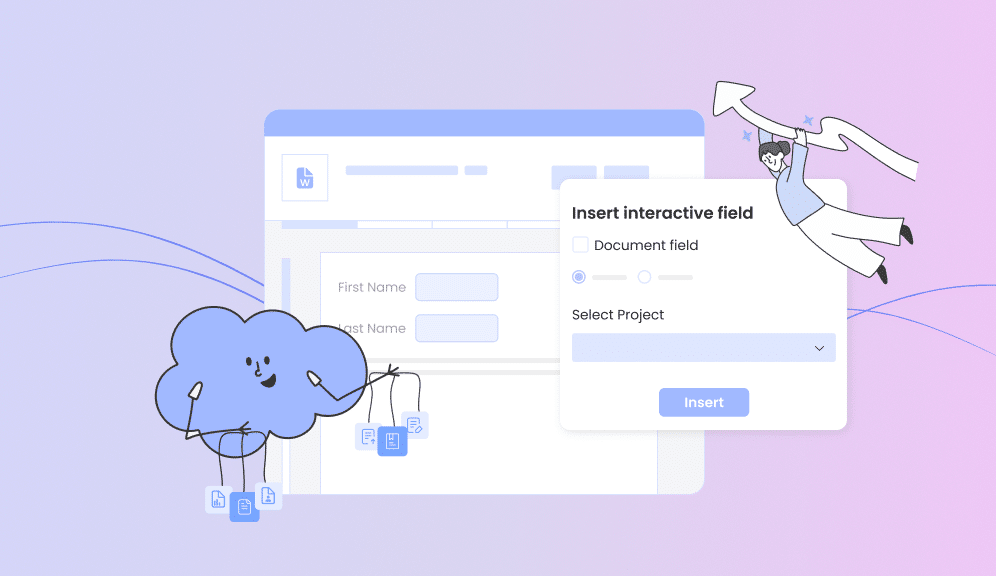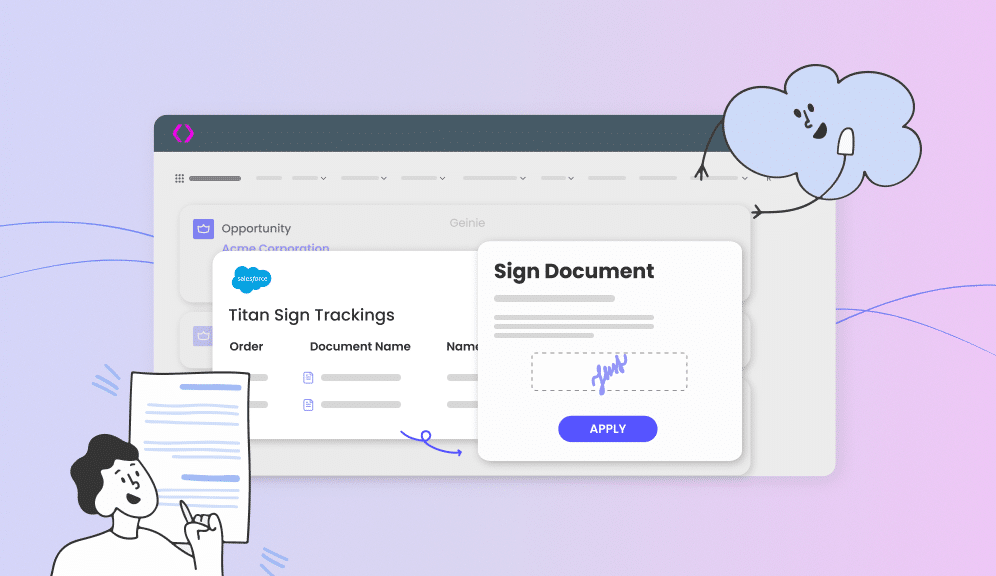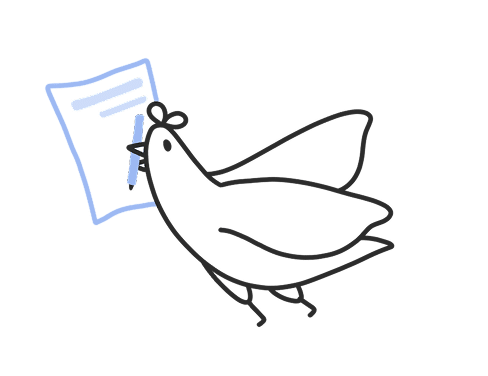ERP Salesforce Explained: Is Salesforce an ERP or CRM System?
Is Salesforce a CRM or ERP? To get straight to the point, Salesforce is not an Enterprise Resource Planning (ERP) system. ERP software is used in business operations to help employees manage accounting, procurement, project management, risk management, compliance, and supply chain processes.
On the other hand, Salesforce is a customer relationship management (CRM) platform to help marketing, sales, and customer service processes.
Salesforce is a flexible platform, though, and allows you to integrate your ERP software to enhance overall business operations.
If you want to know more about ERP and how you can use it to support Salesforce processes, join us in the article below.
Salesforce ERP System
Is salesforce an ERP system? Salesforce is the world’s leading CRM solution, so it’s no wonder that organizations want to add it to their software systems. ERPs are equally popular for organizations as they speed up business operations.
Even though these two platforms are essential to creating efficient work systems, they were created for different purposes.
For Example, ERP software was created to let businesses consolidate their financial and operational systems into a single location, whereas Salesforce focuses on managing customer relationships.
What is Salesforce Software?
Before we take a look at some Salesforce ERP solutions that integrate with Salesforce, let’s discuss the CRM company in more detail.
Salesforce is a cloud-based service, and it provides multiple cloud services that cater to different areas of your business, such as Sales Cloud or Service Cloud.
ERP on Salesforce: ERP System Salesforce
But if you are looking for a Salesforce cloud that works well with ERP systems, then Revenue Cloud is your solution. It’s important to note that Revenue Cloud is not an ERP system for Salesforce but works extremely well with ERP software.
An ERP and CRM integration can help your business drive revenue growth across different channels with strategic billing options, as it lets you merge your CPQ, billing, partner relationship management, and business-to-business commerce processes.
If you want an easy method for differentiating between Revenue Cloud and an ERP, just remember that Revenue Cloud supports repeated revenue, consumption, or usage-based models. ERP systems, on the other hand, are your option to work with one-time transactions.
Salesforce ERP Integration
It’s a really great move to integrate an ERP system with Salesforce. As we mentioned before, it can streamline your business processes, but this dynamic combo can also improve the accuracy of your data by removing manual data transfers between the platforms.
When you automate your processes, you also free up time for your workforce to focus on higher-level tasks.
Let’s dive deeper and take a look at a few essential steps that need to be addressed if you choose to integrate an ERP system with your Salesforce platform.
Choosing an ERP System
To begin, you need an ERP system. You should find one that is most compatible with your business operations.
Many organizations have selected SAP, Oracle, Microsoft Dynamics, or NetSuite as their ERP system of choice. You will be happy to learn that all of these ERP systems integrate really well with Salesforce.
When you decide on an ERP system, don’t forget to also consider the following points before you make your choice:
- Which industry are you in?
- What is the size of your organization?
- What are your specific business requirements?
Most Valued Business Operations
The next step would be to take a look at the processes in your business and determine which ones can add value with a Salesforce and ERP integration.
Numerous companies choose to integrate an ERP with Salesforce to work with customer data, manage orders faster, create invoices, and manage inventories.
Map your Data before you Integrate
You should really consider creating a data mapping plan and strategy before you integrate an ERP with Salesforce. This plan will display how data will transfer between Salesforce and your ERP system.
Having a clear plan in place will ensure that all requirements are addressed and that all stakeholders know how the integration will work.
In some cases, data needs to be transformed before moving between systems for consistency. In this instance, it’s essential that you have a transformation strategy in place to understand the process.
APIs & Connectors to Integrate your Salesforce Platform with an ERP System
Salesforce is a flexible platform as it offers a wide variety of APIs and Salesforce ERP connectors to help you connect to your ERP system. The API or connector that you choose at the end of the day will depend on your unique business and integration requirements.
If you have a complex integration in mind, we consider you to check out MuleSoft, which is Salesforce dedicated integration platform.
How do you want your Data Transferred?
Now, this is an important question. You have two options here. For example, you could go with transferring data between Salesforce and your ERP system in real-time or in batches.
Choose the real-time data integration if you want the most up-to-date data 24/7 on both your platforms. Just keep in mind that if you like this option, you will need complex infrastructure. Also, get ready to spend more money on this preference.
If you want your data to be transferred at a specific time, for example, every day at midnight, then choose batch integration. This option synchronizes your data from a more affordable standpoint.
Frequently Asked Questions
Why is Salesforce not an ERP?
Can salesforce be used as an ERP? Salesforce is a CRM platform, so it focuses on optimizing sales, marketing, and customer service processes.
What is the difference between ERP and CRM?
ERP stands for Enterprise Resource Planning, whereas CRM stands for Customer Relationship Management. You can find ERP and CRM software to streamline business processes. With CRM software, businesses can improve sales, marketing, and customer service tasks. On the other hand, ERP software can speed up accounting, procurement, and project management workflows.
ERP vs Salesforce: Which is better “ERP or Salesforce?”
Since Salesforce supports CRM processes, and ERP assists finance or supply chain management processes, this is quite a difficult question. Get ERP Salesforce integration if you want the best results for your business.
What is Salesforce ERP Cloud?
Salesforce ERP Cloud refers to the integration of Enterprise Resource Planning (ERP) capabilities into Salesforce, utilizing the cloud-based platform to manage and streamline various business operations.
More Solutions for Streamlining Business Operations & Processes
Thank you for reading our article on ERP software and Salesforce. We mostly covered an ERP system and Salesforce integration, but if you have a question or topic we did not cover in this article, please feel free to contact us.
Titan is a powerful Salesforce no-code platform that with Salesforce automation tools for any workflow on the planet. With Titan, your business can build flexible and robust business processes with zero code. We also connect directly to Salesforce, payment providers, cloud-based storage systems, and more!
Not to brag, but our flows are 100% secure and compliant with HIPAA, SOC 2, ISO, GDPR, and other leading frameworks. If you want to learn more about integrating Titan with Salesforce to optimize your business processes, contact us on one of our social media channels below.
We hope to see you soon!
Disclaimer: The comparisons listed in this article are based on information provided by the companies online and online reviews from users. If you found a mistake, please contact us.
You might be interested in
Writing Your First Notarized Letter Like a Pro

How to Remove Track Changes in Word

Signee Vs. Signer Vs. Signatory: What are They?

All-in-One Web Studio for Salesforce


